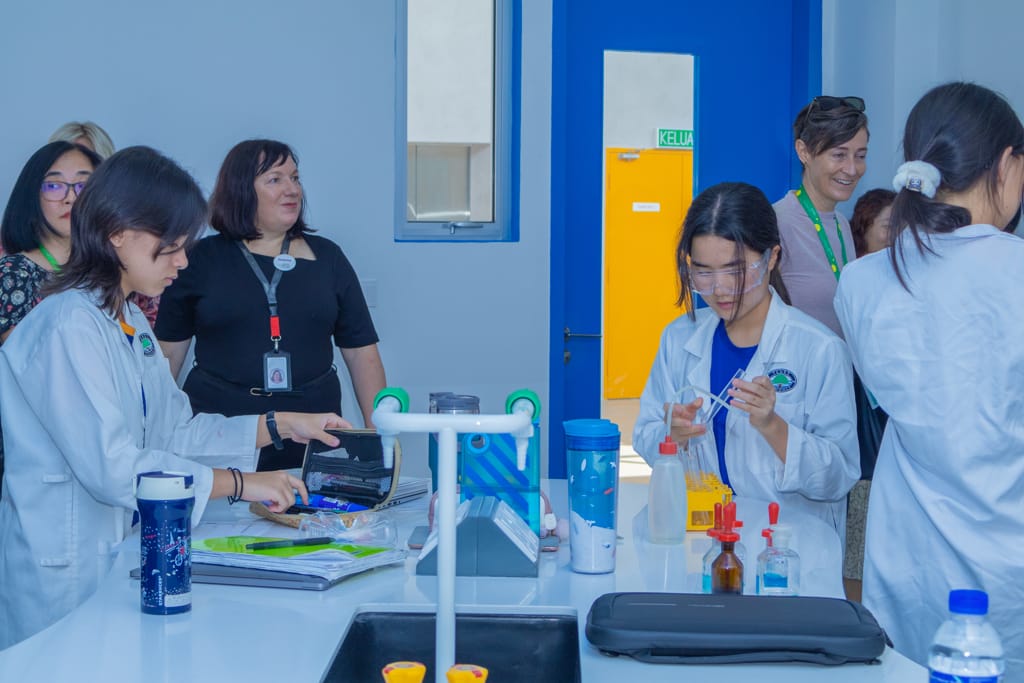
Previous Post
Recognising Penang’s Global Legacy Around Its Esplanade
9 min read
IN EARLY MAY, I was invited to the annual state-level Vaisakhi festival at Fort Cornwallis by the Sikh community. The choice of the fort as an annual venue for...
Next Post
Bandar Cassia: PDC’s First Smart-Eco City
4 min read
IN LEADING PENANG’S industrialisation, Penang Development Corporation (PDC) went beyond job creation and Foreign Direct Investments (FDIs) to transforming rural...
You might also like
Women! Let’s Rush to the Gym and Embrace Strength Training
5 min read
GROWING UP, I often heard adults in my family complain about their inevitable decline in strength and increasing frailty, resulting in higher dependence on othe...
Write for the Curious Child, Read to the Inquisitive Mind
5 min read
OUR BELIEF SYSTEM is formed by what we are taught and our lived experiences, which then influence our decisions and perceptions. What stands in between with one...
CEO Hari: PSDC Stays on Course on Penang’s Industrial Voyage
10 min read
APPOINTED AT THE start of 2024 as CEO of Penang Skills Development Centre (PSDC), Hari Narayanan has led a long career juggling both academia and industry for a...





